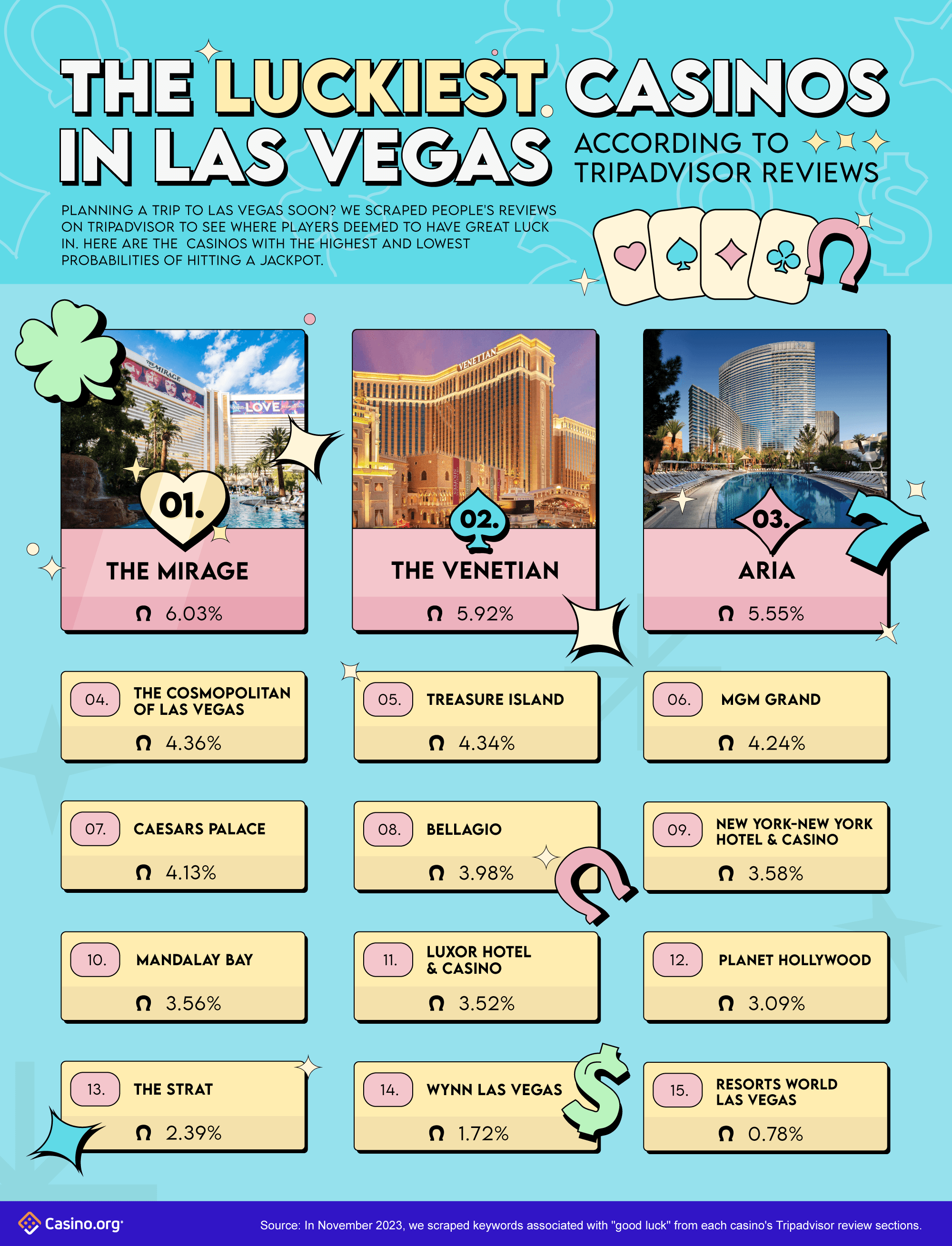
The world of entertainment has seen numerous shifts over the decades, but few have captured the creativity and excitement of gamers like gambling games. Emerging in from the vibrant halls of Las Vegas and Atlantic City, New Jersey, these entertainments have spilled over boundaries and societies, becoming a global phenomenon. From the bright lights of a mega-resort to the comfort of online sites, the allure of casino games is undeniable, drawing millions into a realm of chance and strategy.
As an increasing number of nations embrace betting in various forms, the influence of U.S. casino games is evident. They have not only shaped local gaming industries but have also sparked countless adaptations and innovations globally. Classic games such as the poker and blackjack, along with modern variations, have created a common dialect of entertainment that resonates across varied populations. The mix of gambling risks, rewards, and social engagement found in these games fosters a unique sense of belonging, further solidifying their place in the international entertainment landscape.
Historical Overview of U.S. Gambling Games
American casino games have a diverse and varied past that mirrors the societal development of the U.S.. The origins of these games can be traced back to various Europe’s gambling practices introduced over by colonists. Games like the poker game, blackjack, and roulette found their way into the fabric of American society in the 19th century, gaining fame in saloons and steamboats. These venues offered the ideal setting for social interaction and rivalry, establishing a strong foundation for casino gambling as we recognize it today.
As the country moved westward, gambling developed alongside it. The gold rush era in the mid1800s saw the rise of gaming communities such as Deadwood, South Dakota and Tombstone, where games were played with high stakes, often accompanied by an air of lawlessness. This period paved the way for the formalization of casino games in the beginning of the 20th century, notably with the creation of Las Vegas as a gambling hotspot. The construction of opulent casinos changed the gaming environment, establishing an atmosphere where games could flourish and draw visitors from across the globe.
In the past few decades, the legalization of casino gaming in multiple states has additionally diversified the variety of games available. American casinos now feature a mix of traditional gambling activities and innovative offerings that cater to modern players. This expansion has enabled for a unique blend of traditional and new, enabling the ongoing evolution of casino gaming culture in America. The international impact of these games has also contributed to their incorporation into global gaming markets, demonstrating the enduring impact of U.S. casino games around the world.
Worldwide Acceptance and Influence
The growth of U.S. gambling titles has marked a notable change in the global gaming landscape. With their attraction crossing boundaries, these games have enthralled players around the globe. From Texas Hold’em tournaments to slot machines, American styles have found a home in many global casinos. This transference of culture emphasizes how adaptable and engaging these titles are, tailoring to local tastes while preserving their timeless U.S. charm.
Moreover, the impact of these games extends beyond traditional gambling establishments. Digital platforms have played a crucial role in popularizing American casino games, making them accessible to gamers worldwide. The convenience of online gaming has brought millions to experiences that were once limited to physical casinos. Players can now play their beloved games from any location, sparking a fresh wave of enthusiasm and growing the gamer base significantly.
This global embrace is also reflected in the integration of U.S. gambling titles into local cultures. Countries that have embraced these titles often organize their own versions and competitions, mixing local traditions with American gambling traditions. This fusion not only enhances the gaming journey for players, but it also highlights the powerful influence that U.S. gambling games have on both leisure and community engagement across different cultures.
Cultural Adjustments and Innovations
Casino games have undergone notable evolutions as they expanded across various cultures. Each region has absorbed elements of American gaming while adding its own customs and practices. For example, the rise of digital casino sites has enabled for the inclusion of local character into classic games like poker and 21. Gamblers now experience versions that include regional betting styles and distinct rules, making the games more accessible and welcoming for different crowds.
In many countries, the popularity of gambling games has led to the development of localized versions that reflect cultural aspects and stories. This adaptability has opened doors for creative game development that connects with gamblers on a individual basis. Slot machines, for example, now showcase visuals and sounds that celebrate local traditions, legends, and pop culture, which in consequently enhances the gaming adventure and fosters a sense of belonging among gamblers.
Furthermore, the global influence of American casino games has inspired new game formats and hybrid styles. hit club Some venues have combined traditional gambling with amusement aspects, such as live shows or engaging technology, resulting in a more immersive atmosphere. These developments not only attract a wider audience but also guarantee that the essence of gambling continues to progress, connecting gaps between different cultures while maintaining the excitement that gambling games are known for.

